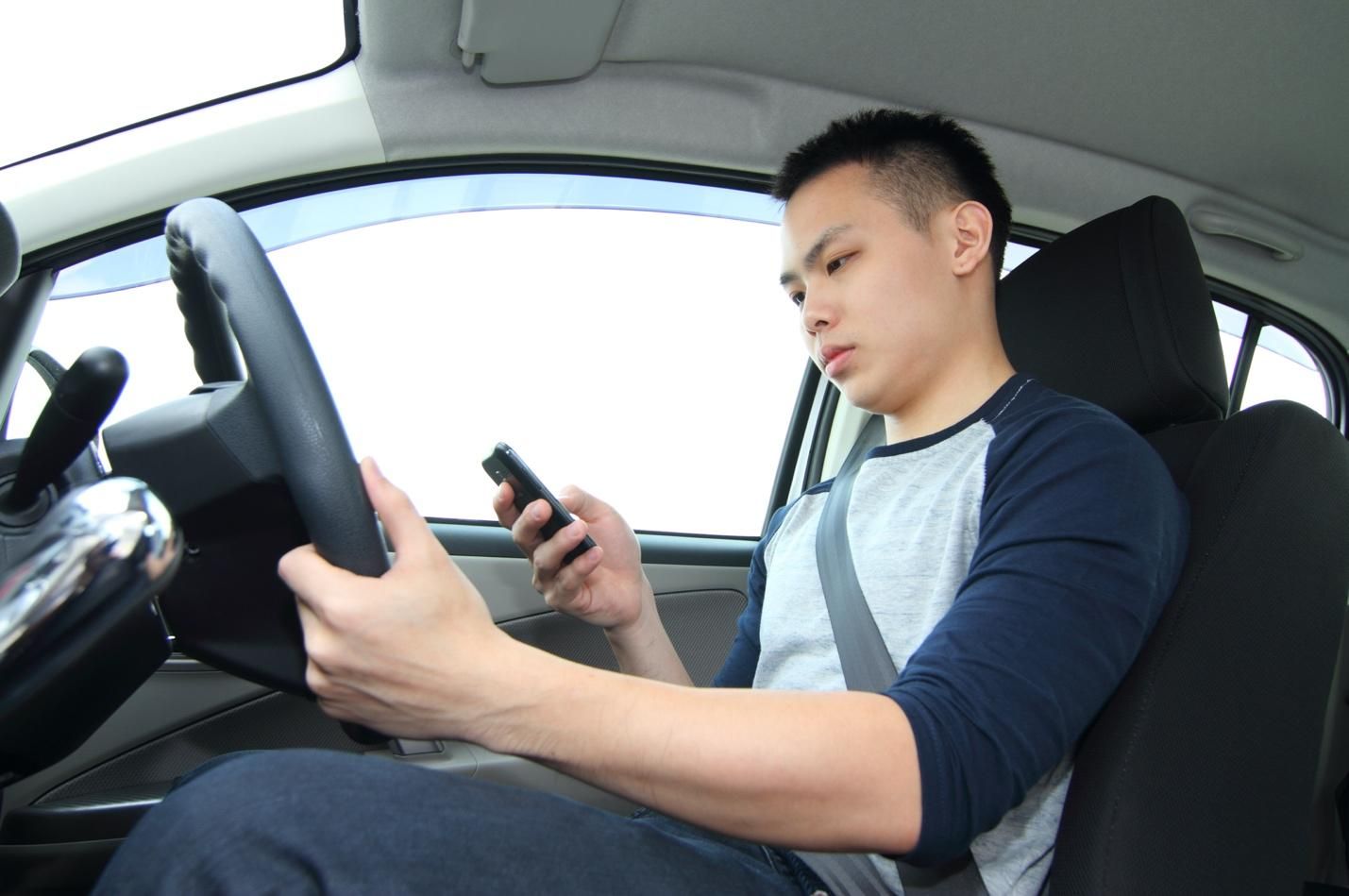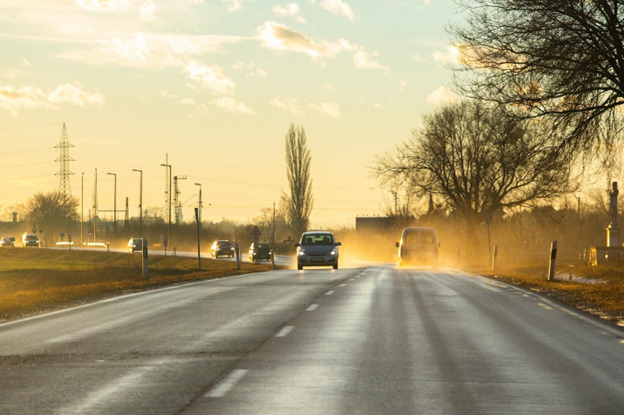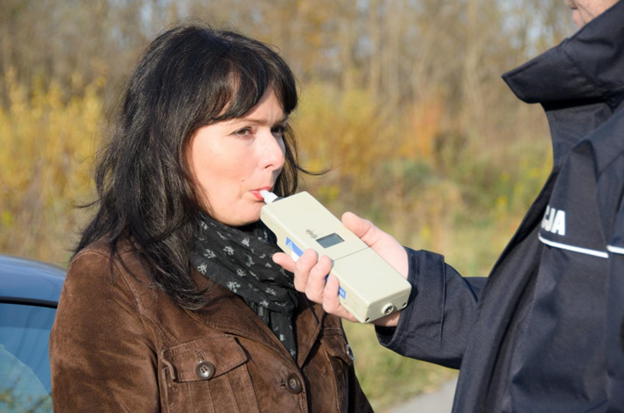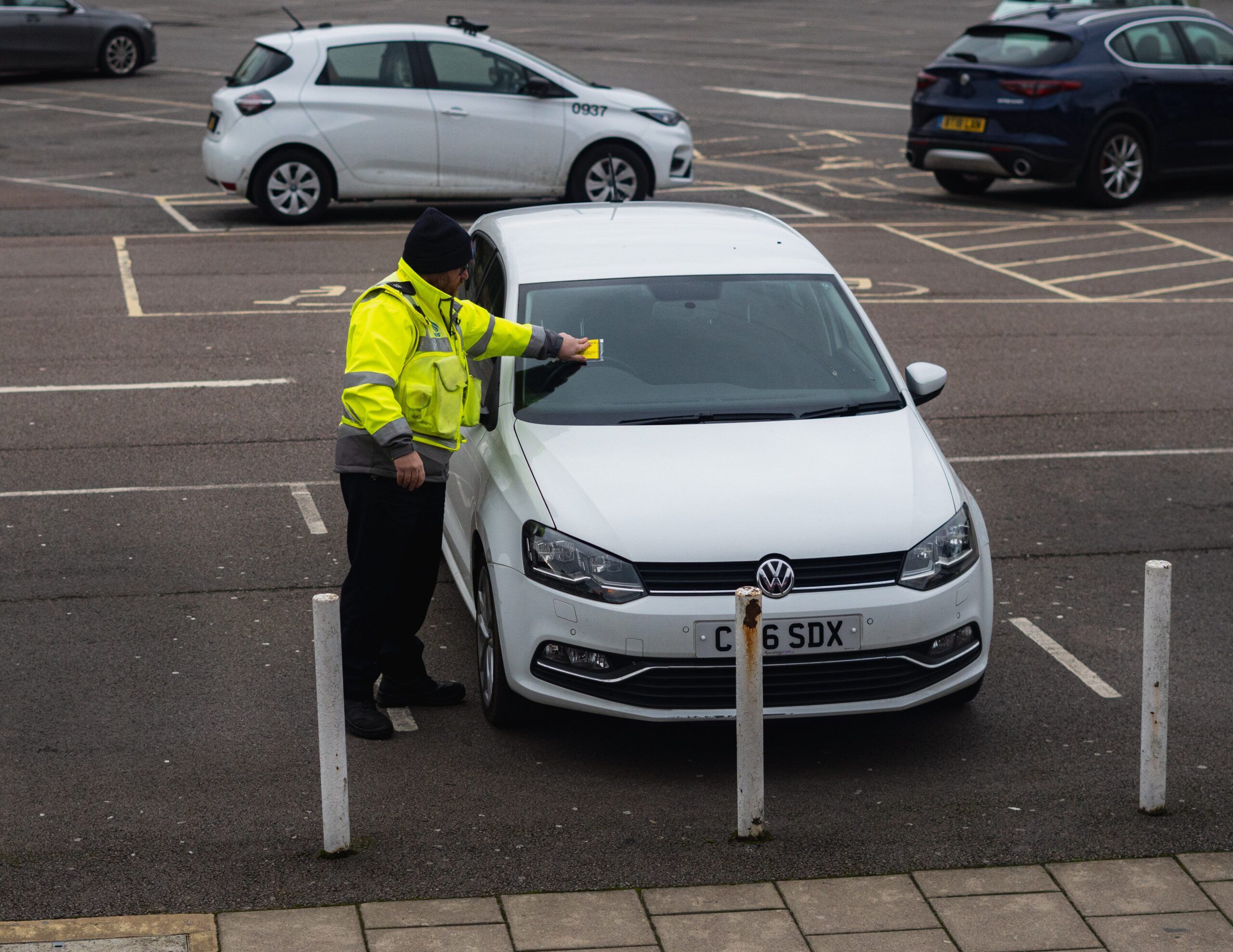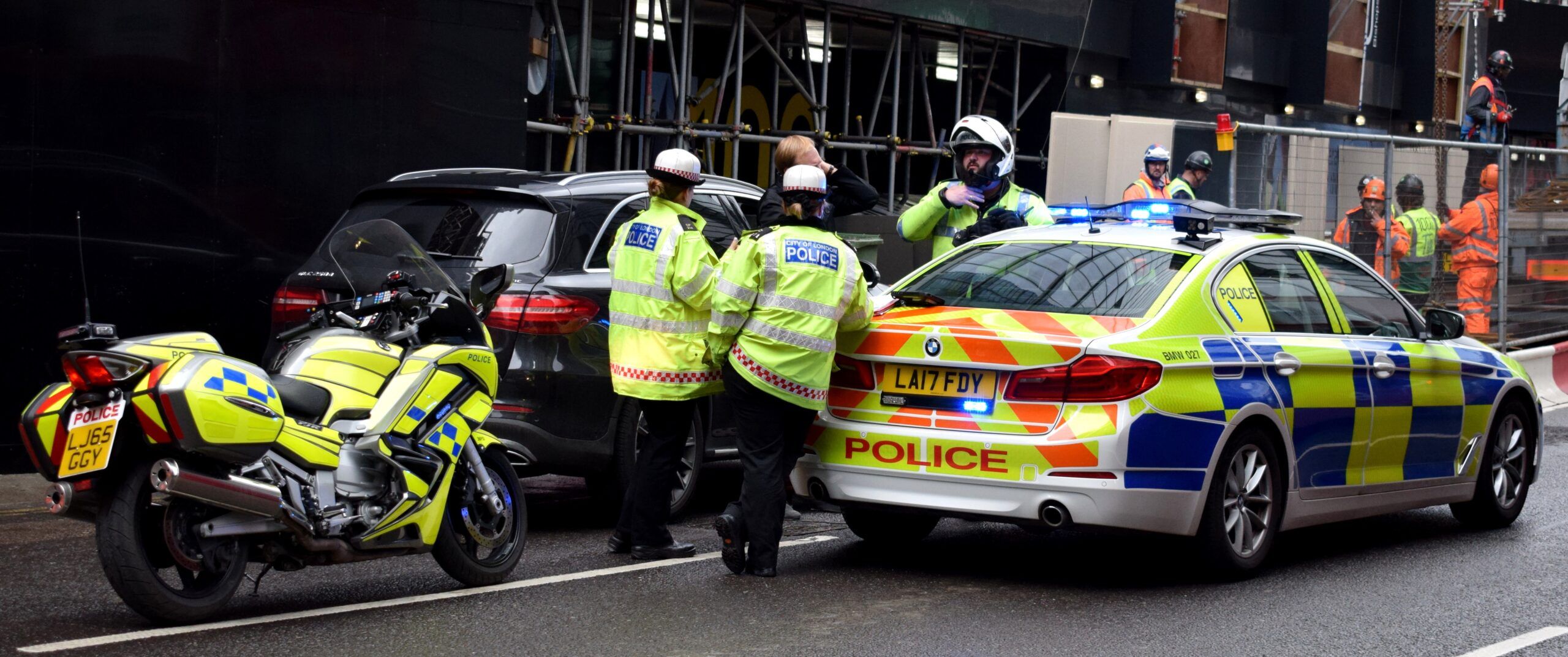How To Prevent Your Teen From Driving And Texting
Distracted driving caused by texting is a serious issue, particularly for teenagers and young adults. While preventing your teen from texting and driving is critical in keeping them safe, protecting them when they are in the driver’s seat can be challenging. That is why we have prepared some tips for you to try the next time you are looking for ways to prevent your teen from driving and texting. If your teenager has already been stopped for driving and texting, and you want to review your legal options for supporting them, contact Driving Defense Law today at (757) 929-0335.
What Age Group Is Most Affected by Texting and Driving
The National Highway Traffic Safety Administration (NHTSA) reports that phone use is involved in 12% of all motor vehicle accidents on United States roadways. The Centers for Disease Control and Prevention (CDC) has also indicated that:
- Texting or emailing while driving is more common among those around the age of 18
- In the past 30 days, 39% of high school students who drove were texting or emailing while driving on at least one of those days
- Individuals between 15 and 20 years old were more likely to drive distracted than drivers aged 21 and older
Stay Aware of Their Driving Habits
One way to help stop a teenager from driving and texting is to better understand their habits behind the wheel. Being a passenger in the car with them can allow a parent to see how they handle certain situations, such as receiving an urgent text or phone call. As a passenger, you can also encourage a teen to make any texts before they start the car, and if they do reach for their phones while driving, you can correct the mistake with clear instructions.
Educate Your Teen About Texting and Driving
While most adults understand the dangers of driving and text, some teenagers may not fully grasp the degree of risk involved in texting and driving, or the severity of the consequences for themselves and others. That is why one thing all parents should discuss with their teens before allowing them to take their license exam, and during the first few years of driving, is the dangers of cell phone use behind the wheel. Understanding not only the range of possible outcomes but just how likely they are may reduce their inclination to text while driving in the future.
Set an Example for Them
Teenagers are still mastering the skills needed for adult life, so they tend to learn by copying others. What they see is often what they will do. If they see their parents driving and texting, it will be hard for these same parents to justify why their teens should not engage the same behavior. For these reasons, be especially mindful that you do not text and drive in front of them.
Similarly, if a parent knows their teen is driving, the parent should refrain from texting until they can expect the teen to have arrived at a safe location. These practices, while small, can end up helping a teen make better decisions as they are driving.
Identify Consequences and Stick to Them
Teenagers need to understand that the right to drive is contingent upon the driver’s adherence to the traffic laws. Parents are in a position to teach this lesson more gently than the local police, state troopers, or other law enforcement agencies who might stop a texting driver. Parents who become aware that their teens are driving and texting may wish to consider imposing consequences such as:
- Taking the car keys away for a certain period
- Taking away their phone
- Making them responsible for paying for their own car insurance, especially if it has gone up due to a ticket
Try Out Phone Apps To Limit Texting and Driving
With today’s technology, there are many tech-based options to help stop a teenager from texting and driving. Some apps can disable a phone’s texting capabilities when the user indicates that they are about to be driving, or while the GPS senses motion commensurate with travel at highway speeds. These apps can be useful, but they only provide a temporary solution and do not stop a driver of any age from participating in other types of distracted driving behavior, such as personal grooming while driving or talking to friends in the car and not paying attention to the road.
Talk To Other Parents About Their Rules
If your teen driver’s friends are operating under rules regarding texting and driving similar to the ones imposed in your household, the entire friend group may be more likely to follow those rules. A teen who receives a text in the car while they are driving with friends, and knows their friends have the same rules they do for driving and text, may hesitate to respond to the text. A good friend may remind them that they should not text and drive.
Have Your Teen Understand the Laws Regarding Driving and Texting
According to the Virginia Department of Motor Vehicles, texting while driving is illegal in the state and can lead to a driving conviction that carries a fine of $125 for the first offense and a $250 fine for subsequent offenses. Additionally, if the person is driving and texting and is charged with reckless driving, it can lead to more severe consequences, including hefty penalties, a suspended license, and even jail time.
Explaining these legal consequences to a young driver can underscore the point of how dangerous texting and driving can be and help prevent a teenager from taking part in this activity. If your underage teen has already been pulled over for driving and texting, and you want to understand their legal options and how to support them, consider discussing the matter with the experienced legal team at Driving Defense Law.
Have Them Try a Professional Driving Course
A professional driving course can provide an inexperienced driver with highway safety lessons that go beyond the basics. These courses can help a teenager not only become a great driver, but also to better understand best practices for highway safety, including principles of motor vehicle operation and situational awareness, improved recall and implementation of the state’s traffic laws, and mental skills to help them drive distraction-free.
Teach Them How To Manage Emergencies Better
Teach your teenager to get to a safe place when they need to attend to an urgent text or call. One sound strategy is training them to pull into a parking lot or a gas station if they need to respond to someone on their phone instead of continuing driving and putting their life and others at risk.
Contact Driving Defense Law To Learn More About the Consequences of Texting and Driving
Teenage phone use at the wheel is a major concern for many parents of young drivers. Although the tips mentioned above can be useful in preventing this dangerous behavior, they may not always be successful in stopping it. If your teen has been pulled over for driving and texting, it is important for them to understand their options. Contact Driving Defense Law today by calling (757) 929-0335 and learn how our skilled traffic attorneys can assist you and your teenager.
